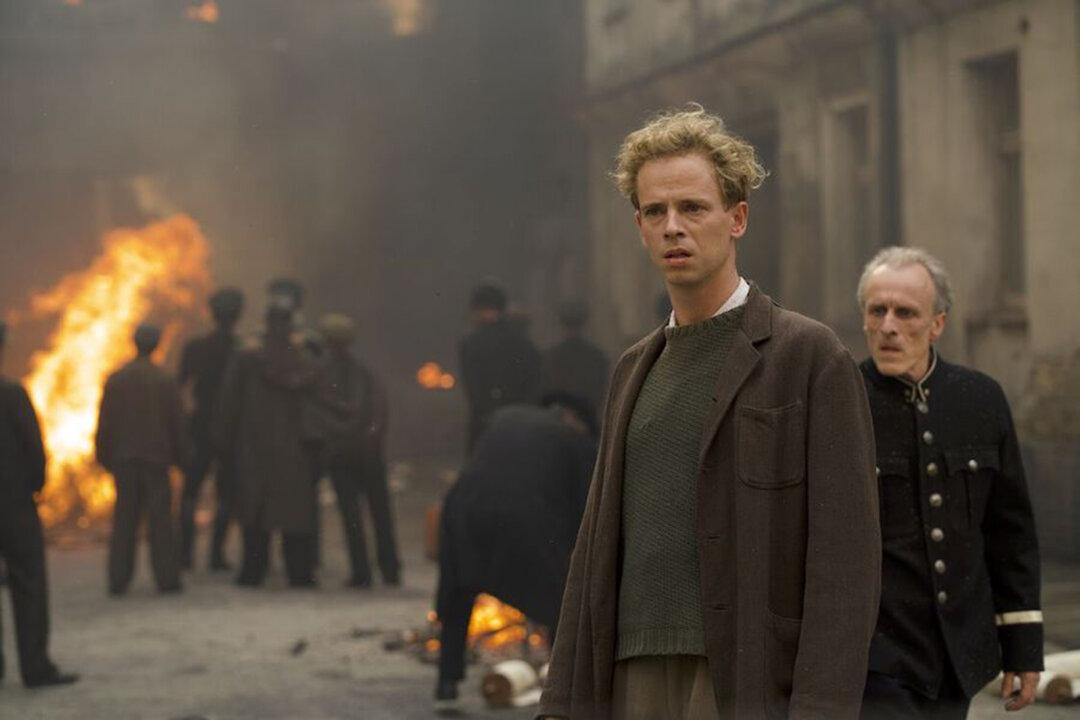NR | 1h 50m | Drama, History, War | Jan. 31, 2024
There’s an overwhelming glut of World War II movies featuring dastardly Nazis that often feel like cardboard cutouts. It’s become increasingly difficult to find truly original angles in films about people resisting or fighting against the Nazis. “Wil,” directed by Tim Mielants, is a grimly serious film that attempts to set itself apart from this overcrowded genre.






